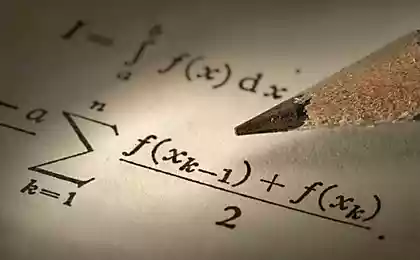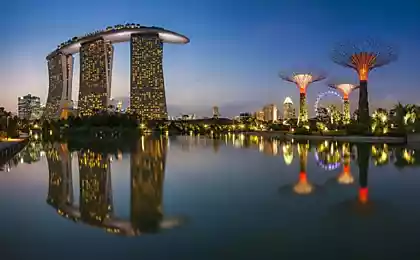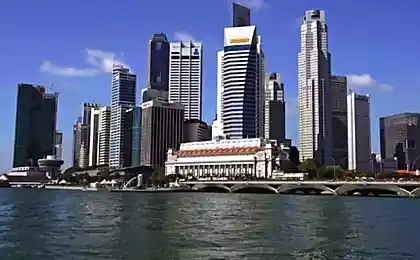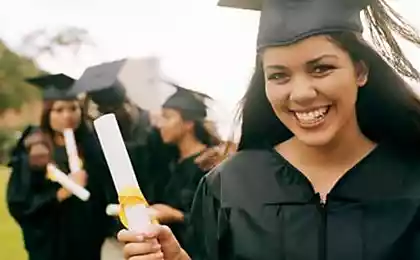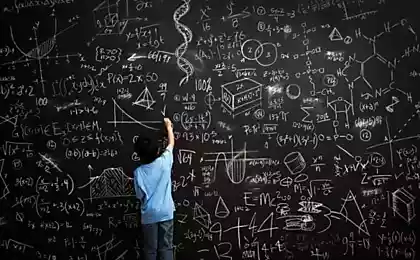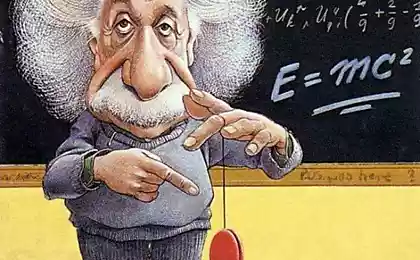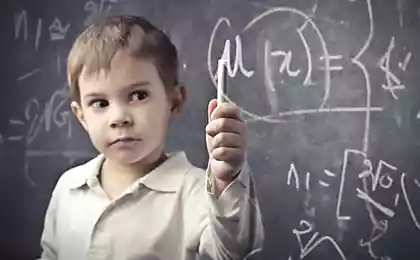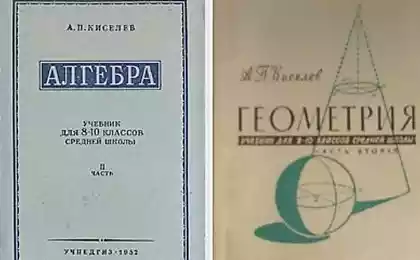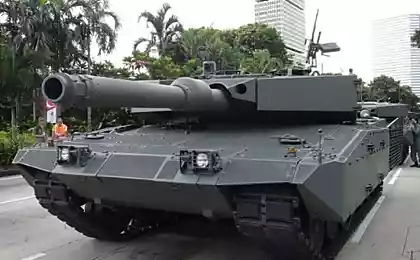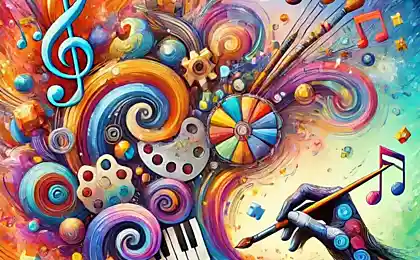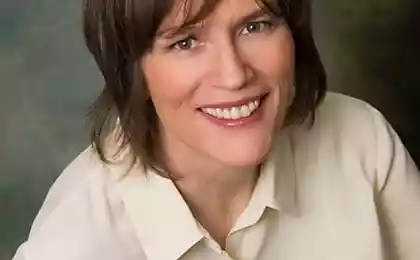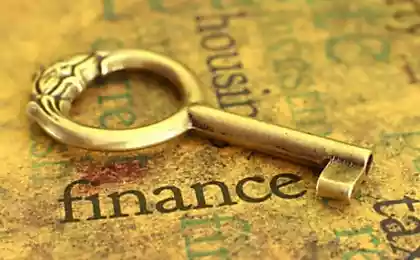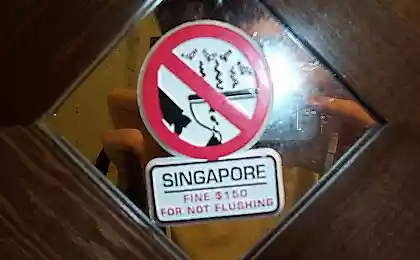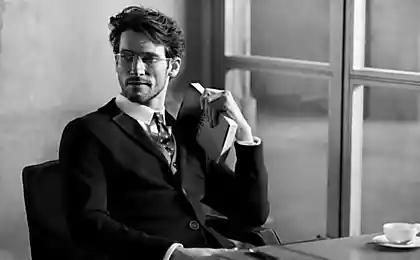608
Math Champions: Secrets of success Singapore students
The city-state of Singapore takes first place in the world rankings, celebrating the successes of students in mathematics, and the whole education system of Singapore, it seems, causing a General enthusiasm.
Some countries, particularly the UK, has already announced the implementation of Singapore mathematics teaching methods.
What is the secret to the success of Singaporean students?
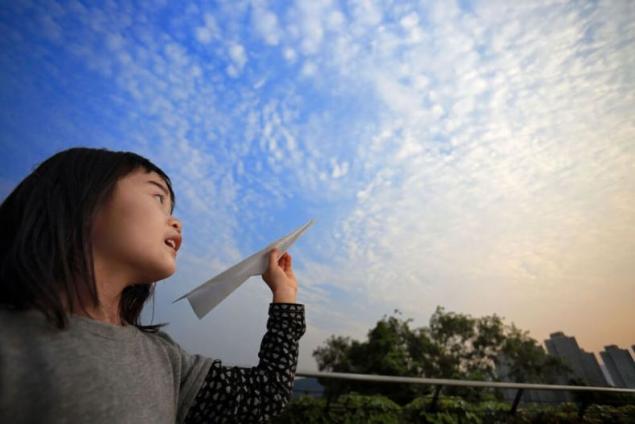
According to the PISA ranking, success in mathematics and science subjects among 15-year olds from 76 countries and regions in the world, Singapore was in first place. Behind him in the top five, Hong Kong, South Korea, Japan and Taiwan. Western schoolchildren are lagging behind Asian peers: UK 20, US — 28.
Studying as a priority
In Singapore live only 5.5 million people, a sovereign state, he became only to 1965. Then its population mostly consisted of illiterate and poor immigrants from neighbouring Malaysia, China and India.
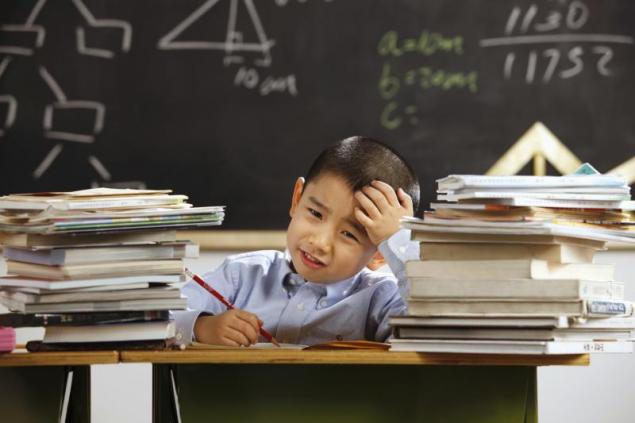
The country's leader, Lee Kuan yew, became the "father of the nation", has made education a priority of the state and available to the entire population. He believed that the school should form highly trained, disciplined workers who speak English who would be willing to develop the economy of the state. Indeed, for several decades education has been the engine of the "social Elevator" — comes from a poor family, with knowledge and diligence could become a CEO and rich man.
In our days parents impose on children is very high expectations, hire Tutors, even for those subjects for which the children and so show good results. In Singapore, there is no need, as in South Korea, to ban the activities of the tutoring centers after 22.00, but at the end of the school Singaporean student also continues to study.
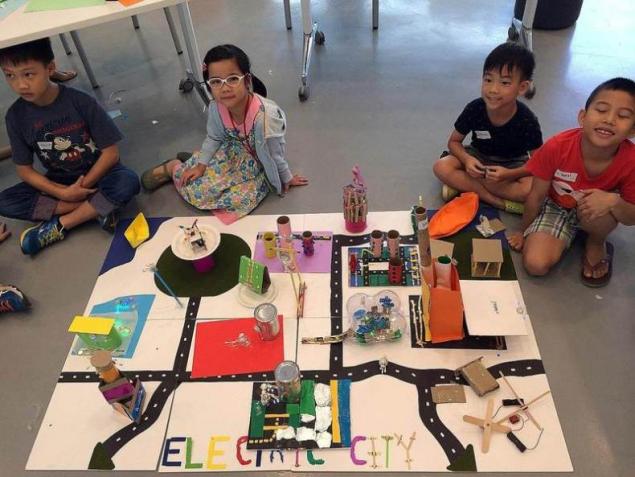
The Prime Minister of Singapore Minister Lee Hsien Loong recently reiterated the role of education in the country: "in order to survive, we must be the best. Otherwise, we repel, tumble down and pass on top. It will be the end of Singapore." In conversation with the leader of South Korea, he said: "You know what you have in South Korea prepare more teachers, more German than in Germany? How many teachers of German you will find a job? And we in Singapore, graduate schools can find qualified employment".
The Singapore method
Mathematics and scientific discipline core subjects in the Singapore school, even in primary school mathematics is a special teacher. In high school guys can choose and humanitarian direction, but they continue to teach mathematics and one discipline of the scientific cycle.
"Singapore method" of teaching mathematics was developed in the 1980-ies and it is based on the development of problem solving skills. Assisted in the creation method, and psychologists such as Jerome Bruner, who argued that training passes through three stages:
That is why Singapore math teachers extensively use visual material.
However, classes themselves are decorated to a minimum, so as not to distract from the Board or screen.
In primary school, compared with Western peers, less items, less so, but they are deeper. This, according to experts, is the secret of success of the Singapore system.
Math in Singapore is not a global knowledge, which is a mathematical way of thinking.
And there are no gifted children is diligent. All children can achieve high results, you just need to teach them better, and children to try harder.
The atmosphere in the school — labour and corporal punishment as a last resort, allowed only for boys. Discipline at a very high level, many schools decide to become a professional police or military.
What do Singaporean students in detention? For example, robotics. Of course, the Ministry of education of Singapore said that the country is also love and appreciate art and the Humanities, but in practice children are somehow pushing for the exact Sciences and future work in Silicon valley.
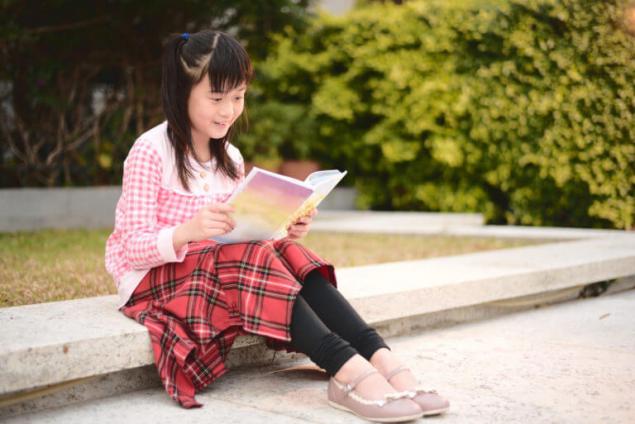
The reverse of the medal
Parents secretly admit that this system of education makes kids "learning robots", which are oriented only in the coordinate system of right or wrong, it kills their creativity and initiative.
In addition, the endless race for good results simply deprives them of their childhood: school-homework-tutor — there is no balance between playing, resting, socializing with friends and family and the school. This, for example, distinguishes Singapore from the Finnish system, which emphasizes the importance of play and social skills.
In addition, in recent years, education in Singapore performs the role of "social Elevator" less: for best results, we need a good school and good tutoring, and a "competitive" approach to training began to emphasize social inequality. And not always winning the mathematics Olympiad is a high level of IQ.
The country is very lacking creative entrepreneurs, successful local start-UPS: the best ones are based, Malaysian and Chinese businessmen.
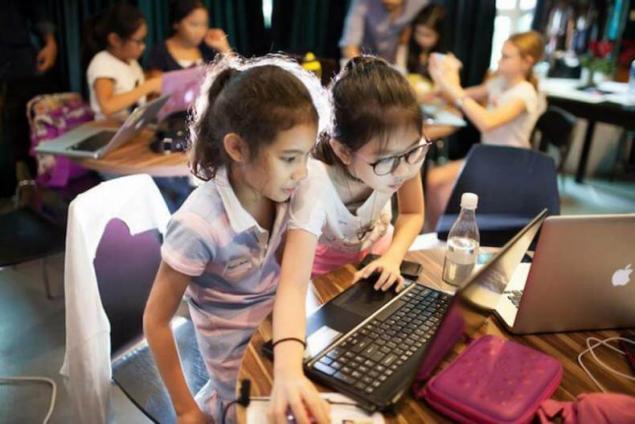
How to apply the successful experience at home
With all its pluses and minuses, the Singaporean method of learning math is very effective, so you can try to implement elements of the building:
P. S. And remember, only by changing their consumption — together we change the world! ©
Source: //womo.ua/chempionyi-po-matematike-sekretyi-uspeha-singapurskih-shkolnikov/
Some countries, particularly the UK, has already announced the implementation of Singapore mathematics teaching methods.
What is the secret to the success of Singaporean students?

According to the PISA ranking, success in mathematics and science subjects among 15-year olds from 76 countries and regions in the world, Singapore was in first place. Behind him in the top five, Hong Kong, South Korea, Japan and Taiwan. Western schoolchildren are lagging behind Asian peers: UK 20, US — 28.
Studying as a priority
In Singapore live only 5.5 million people, a sovereign state, he became only to 1965. Then its population mostly consisted of illiterate and poor immigrants from neighbouring Malaysia, China and India.

The country's leader, Lee Kuan yew, became the "father of the nation", has made education a priority of the state and available to the entire population. He believed that the school should form highly trained, disciplined workers who speak English who would be willing to develop the economy of the state. Indeed, for several decades education has been the engine of the "social Elevator" — comes from a poor family, with knowledge and diligence could become a CEO and rich man.
In our days parents impose on children is very high expectations, hire Tutors, even for those subjects for which the children and so show good results. In Singapore, there is no need, as in South Korea, to ban the activities of the tutoring centers after 22.00, but at the end of the school Singaporean student also continues to study.

The Prime Minister of Singapore Minister Lee Hsien Loong recently reiterated the role of education in the country: "in order to survive, we must be the best. Otherwise, we repel, tumble down and pass on top. It will be the end of Singapore." In conversation with the leader of South Korea, he said: "You know what you have in South Korea prepare more teachers, more German than in Germany? How many teachers of German you will find a job? And we in Singapore, graduate schools can find qualified employment".
The Singapore method
Mathematics and scientific discipline core subjects in the Singapore school, even in primary school mathematics is a special teacher. In high school guys can choose and humanitarian direction, but they continue to teach mathematics and one discipline of the scientific cycle.
"Singapore method" of teaching mathematics was developed in the 1980-ies and it is based on the development of problem solving skills. Assisted in the creation method, and psychologists such as Jerome Bruner, who argued that training passes through three stages:
- on real objects,
- in the picture,
- then on the characters.
That is why Singapore math teachers extensively use visual material.
However, classes themselves are decorated to a minimum, so as not to distract from the Board or screen.
In primary school, compared with Western peers, less items, less so, but they are deeper. This, according to experts, is the secret of success of the Singapore system.
Math in Singapore is not a global knowledge, which is a mathematical way of thinking.
And there are no gifted children is diligent. All children can achieve high results, you just need to teach them better, and children to try harder.
The atmosphere in the school — labour and corporal punishment as a last resort, allowed only for boys. Discipline at a very high level, many schools decide to become a professional police or military.
What do Singaporean students in detention? For example, robotics. Of course, the Ministry of education of Singapore said that the country is also love and appreciate art and the Humanities, but in practice children are somehow pushing for the exact Sciences and future work in Silicon valley.

The reverse of the medal
Parents secretly admit that this system of education makes kids "learning robots", which are oriented only in the coordinate system of right or wrong, it kills their creativity and initiative.
In addition, the endless race for good results simply deprives them of their childhood: school-homework-tutor — there is no balance between playing, resting, socializing with friends and family and the school. This, for example, distinguishes Singapore from the Finnish system, which emphasizes the importance of play and social skills.
In addition, in recent years, education in Singapore performs the role of "social Elevator" less: for best results, we need a good school and good tutoring, and a "competitive" approach to training began to emphasize social inequality. And not always winning the mathematics Olympiad is a high level of IQ.
The country is very lacking creative entrepreneurs, successful local start-UPS: the best ones are based, Malaysian and Chinese businessmen.

How to apply the successful experience at home
With all its pluses and minuses, the Singaporean method of learning math is very effective, so you can try to implement elements of the building:
- Be an example of respectful and positive attitudes towards mathematics. Never tell your child: "I always cheated in math, I don't understand" because every child may know the math, if be confident.
- Teach children to show how they understand the mission: let them talk aloud, draw a picture or build a model.
- Praise your children more for the effort, the desire to understand and persistence in solving tasks than for correct answers.
- Do the math is important, writing math problems every day. For example: "How many cars we will see on the way to school?"
- Teach children to seek multiple solutions to the problem, stimulate their creativity. Don't say, "Do this because I was taught". And discuss which method is more like a child and why.published
P. S. And remember, only by changing their consumption — together we change the world! ©
Source: //womo.ua/chempionyi-po-matematike-sekretyi-uspeha-singapurskih-shkolnikov/
